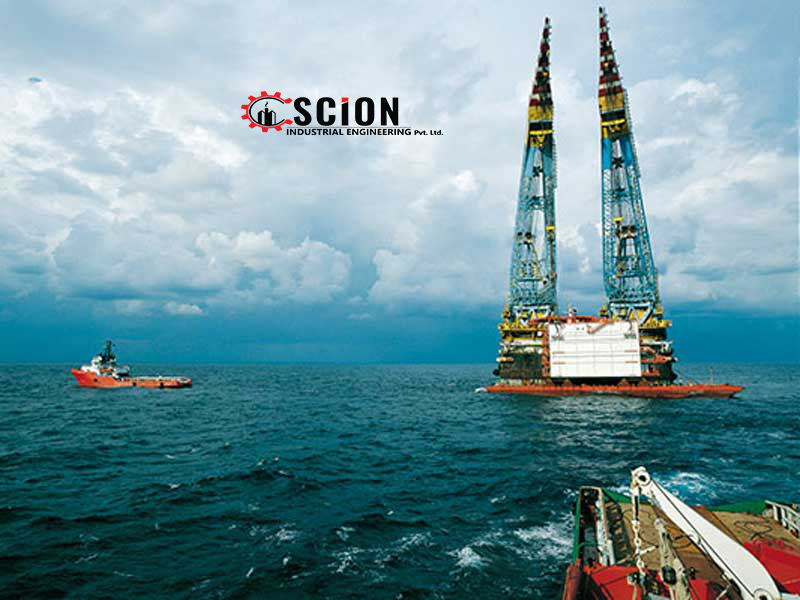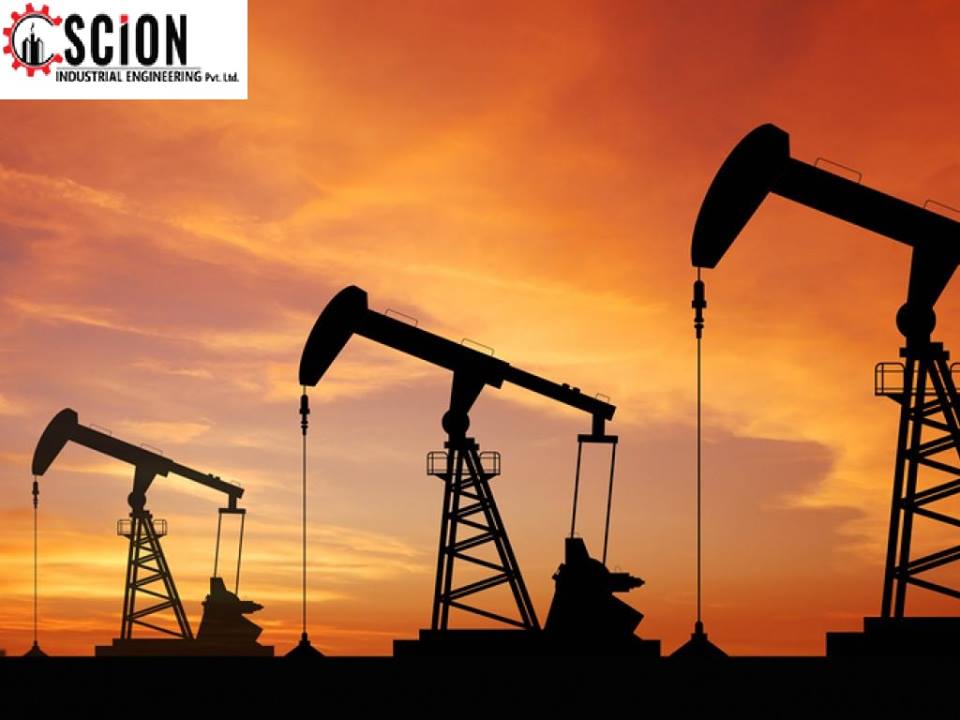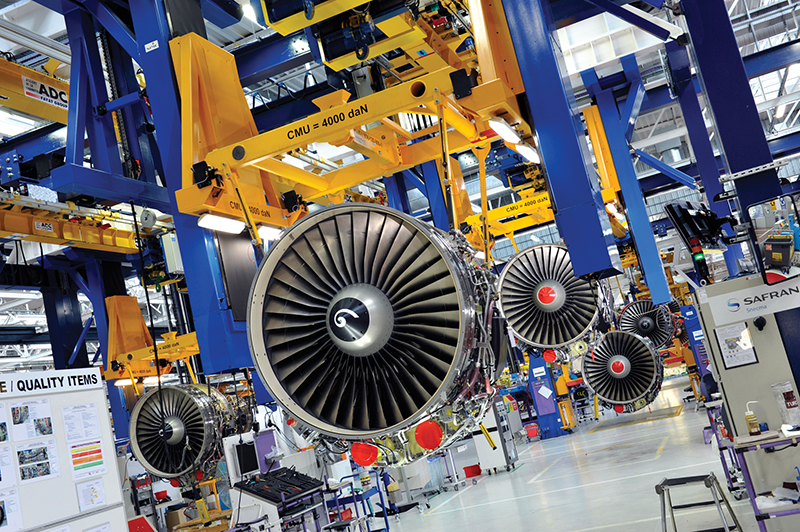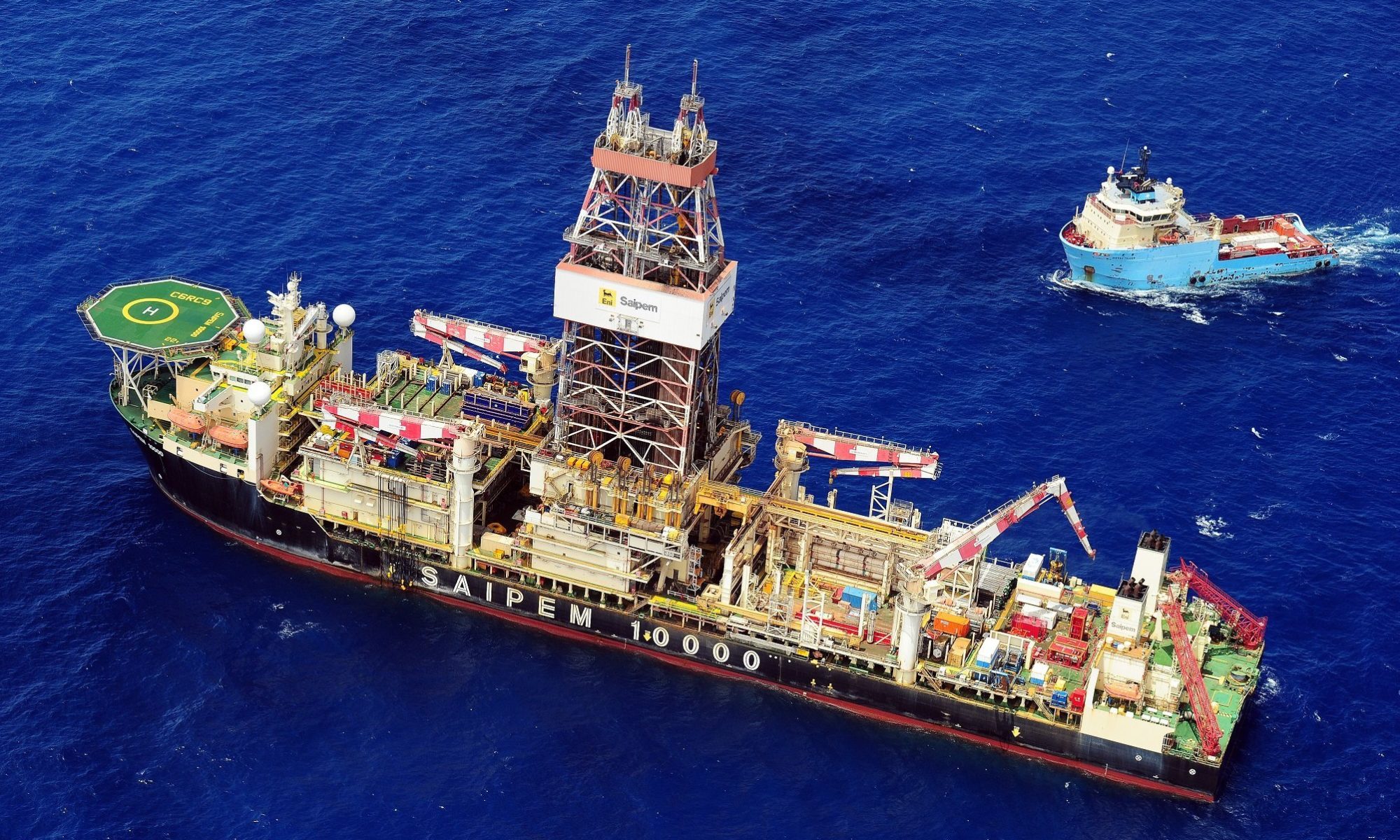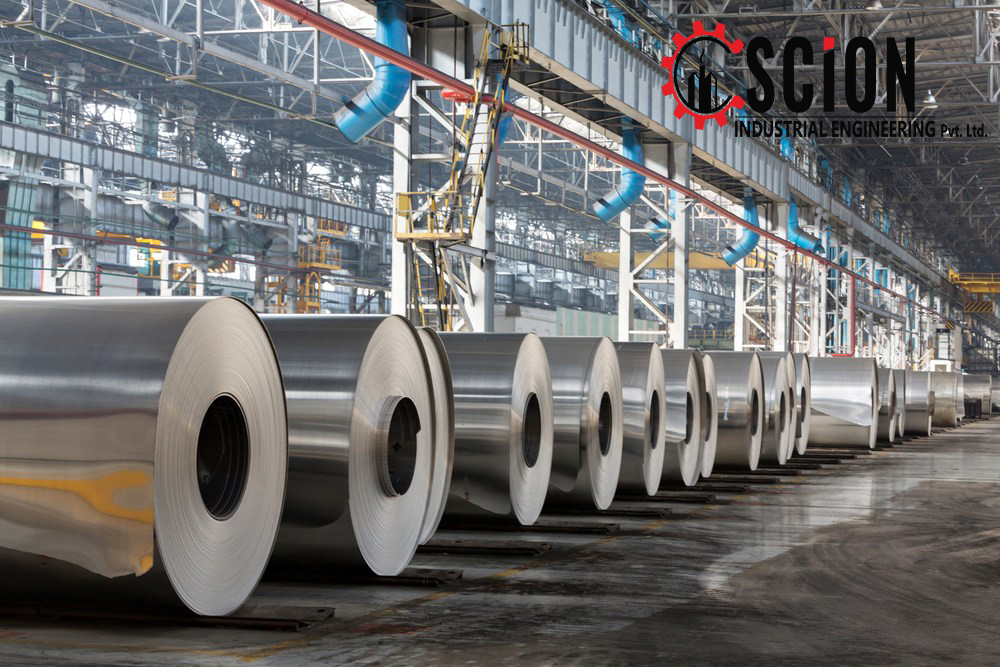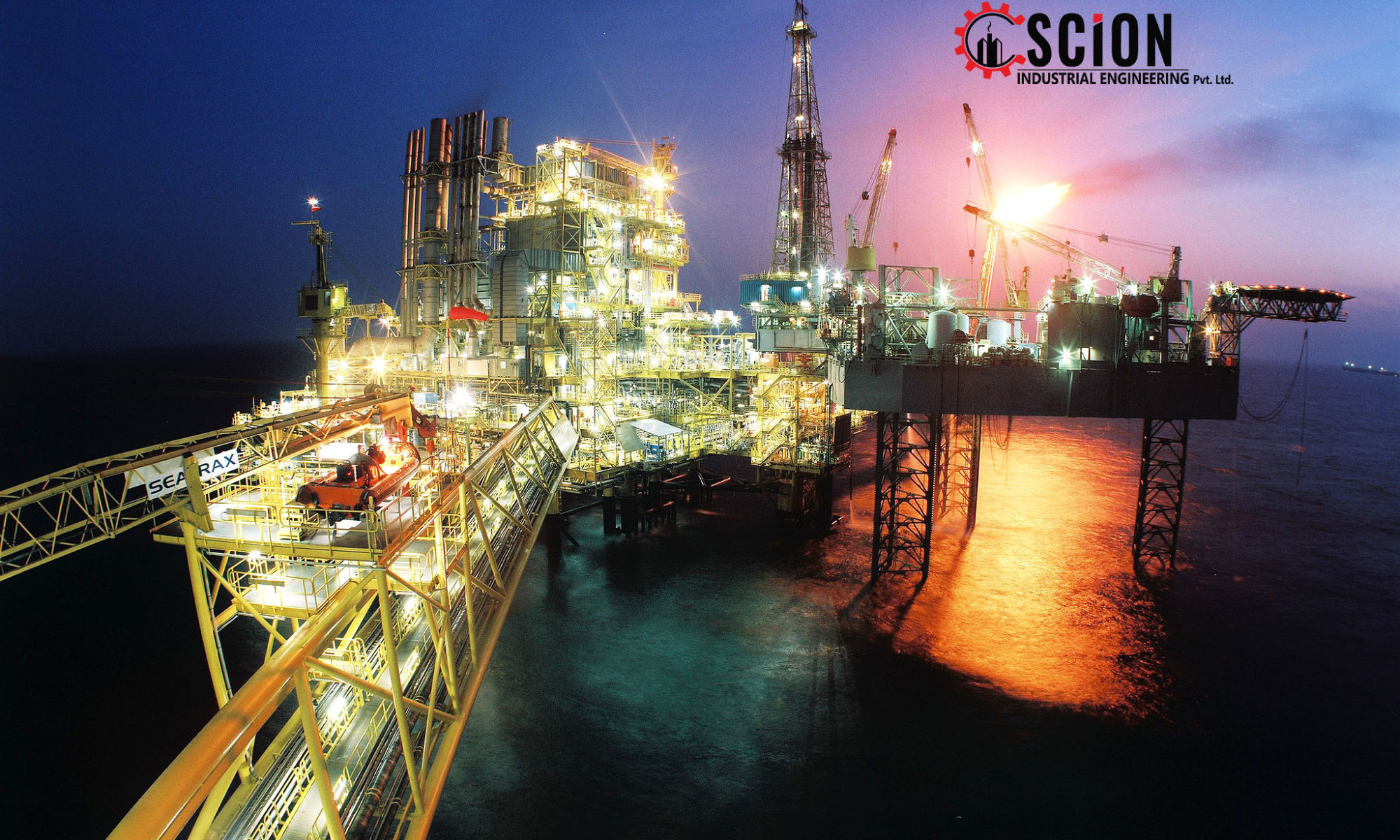Saudi Arabia’s Minister of Investment Khalid al-Falih said on Saturday foreign direct investment (FDI) increased by 12% in the first half of 2020 compared with the same period last year.
The Saudi government, which is hosting this year’s G20 summit, has made attracting greater foreign investment a cornerstone of its Vision 2030 plan to diversify the economy of the world’s largest oil exporter away from oil revenues.
“I’m glad to say that FDI, my area of focus, in the first half has been reported to increase by 12% compared to last year,” Falih, who previously chaired state oil company Saudi Aramco, told a G20 conference.
Falih said in September the kingdom had experienced a slowdown in FDI this year due to the global disruption caused by the COVID-19 pandemic.
“When I mentioned the 12% increase I wanted to assure people that there was no decline, our FDI target is much higher,” Falih said on Saturday.
As part of efforts to attract foreign investors, Saudi Arabia will launch next year special economic zones dedicated to several sectors, Falih said.
In addition to attracting higher investment volumes, it will focus on “qualitative growth”, he said, mentioning areas such as cloud computing, renewable energy, tourism, culture, entertainment, and logistics.
“These investments may have lower investment volumes but higher impact on the economy.”
Saudi Arabia is chairing a two-day summit this weekend of leaders of the 20 biggest world economies, who will debate how to deal with a pandemic that has caused a global recession and how to manage the recovery once it is under control.
Falih said the Saudi economy, which has been hit by the double blow of the pandemic and lower oil prices, had shown resilience this year and had a proven ability to withstand shocks.
Source:https://energy.economictimes.indiatimes.com/news/oil-and-gas/saudi-arabia-fdi-up-in-first-half-of-2020-as-economy-shows-resilience-investment-minister/79347925


